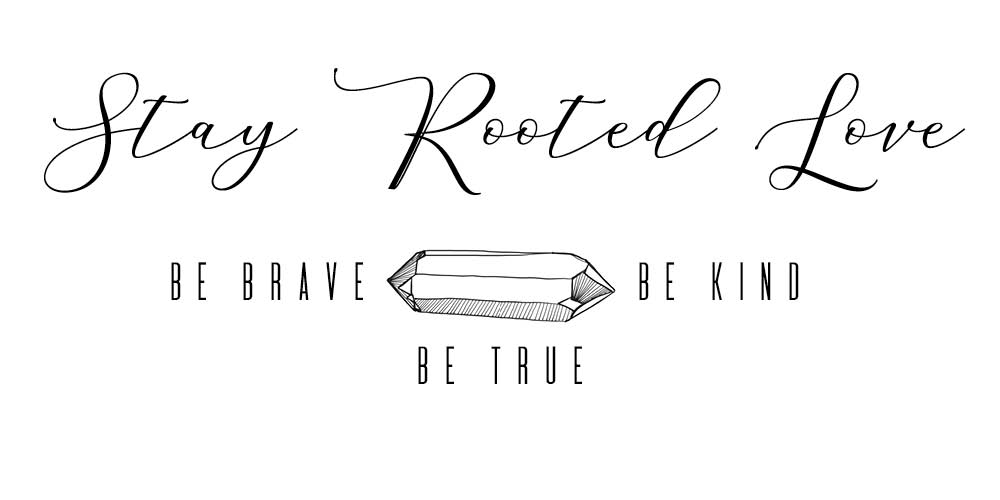Listen & Learn
I listened to an episode of the podcast Code Switch titled “Can We Talk About Whiteness” on my morning walk today. This episode was hosted and facilitated by Shereen Marisol Meraji and Gene Demby. In the beginning of the episode, Gene points out that we’re not used to talking about White people directly as their own identity group. This is something I’ve reflected on in recent years, especially in my first year of my counselor education graduate program, when trying to define my own identity, and the culture in which I grew up in. I rarely identify as White. In reflecting on my childhood, I came to the conclusion that my culture was Evangelical Christianity, since it played such a huge part in my development as a child and adolescent. But even that feels like a bit of a stretch.
I remember feeling jealous of people who, in my eyes, had a more obvious culture, like Latinx, African American, Asian, etc. I wished I had the specific foods, rituals, holidays, celebrations, etc., that I saw in people of color. Shereen then goes on to point out that when you hear terms like Soccer Mom, Middle Americans, or NASCAR Dad, you automatically think of or visualize in your head a White person. Because White people have always been the majority in which I grew up, it simply became the default archetype for me.
One of their guests, Catherine Orr, a professor at Beloit College in Wisconsin, teaches a course called “Whiteness.” She said that when you are White, race is often seen as what other people have. This was clearly my perspective and assumption until recently. Being a feminist and beginning to unpack the ways White feminists oppressed women of color, Catherine’s statement that “women have an investment in innocence” struck me. She goes on to say that her White, female students are typically liberal and talk about social justice. It’s almost as if they think, If I do the work and take her class on Whiteness, then I’ll be one of the good ones. Catherine calls this a “racial alibi.” Wow. That was poignant for me. I will be thinking about that and my own work for a very long time.
I highly suggest listening to this podcast episode. And I’ll keep doing the work, too.
xxo

